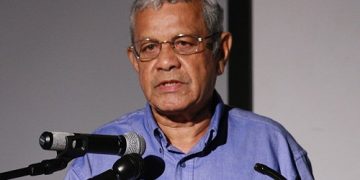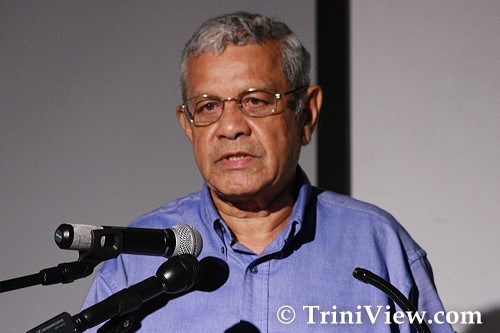by L SiddarthaOrie. Amazon 2021.
This book is a long treatise covering 230 pages divided into 44 chapters which require concentrated reading. It reflects decades of contemplation of questions which have challenged human beings for thousands of years. These questions are asked, once again through Govinda and some friends, male and female through long dialogues in many places. The originality of the book lies in the fact that the interpretations are seen through modern, science-driven lens. The main, thematic thread is the nature of the universe. Is there an overarching divine being who created the universe assigning mankind to manage this space? On the other hand did man create God to satisfy his own spiritual needs? Raju, one of the seekers after truth gives his version:
It all fits within the law of logical deduction, don’t you see? Voltaire once said that if God did not exist it would be necessary to invent him, and the science-oriented Becker says God is a concept of man (p.143).
Govinda spends much time in discussing the opportunism of the educated class, who, for a penny, would “prove” anything which their commercial patrons wanted. One example is the expert finding that coconut oil was harmful to human health when places like Sri Lanka and the Caribbean had been thriving on coconut oil for centuries. Over time such bogus theorising had been fully discredited and coconut oil had returned to the kitchen and is also widely used in cosmetic preparations (p.87).
The book explores many themes which are normally by-passed by most authors. It boldly explores Jesus’s sojourn in India where he was strongly influenced by Gautama Buddha whose teachings he brought back to Palestine. These doctrines were counterto the traditionalists who tried to execute him but he was rescued and sent back to Kashmir where he lived to 102 and was buried at Roza Bal in Kashmir. In creating the word “Scivana” the author argues that Nirvana (spiritual fulfilment, salvation, a state of bliss) lies not in theological speculation but in scientific enquiry. Scivana is the search for the Atom’s truth rather than God’s truth. The world’s progress lies not in biblical speculation but “in the expansion of the universe, the construction of material used which would be things like atoms, protons, neurons” and, the other metaphysical things used to create the Big Bang (p.131). The text is very up-to-date on current events in the scientific world and the effects of each occurrence on the modern world. For example 5G developments is seen as a serious threat to human aviation (p.131) and there is a whole chapter on the implications of Covid for our civilization (Chapter 38).
All of these uncertainties which be-devil our current lives lead to the relevance of atheism as a viable alternative way of seeing. Buddhism does not encourage reliance on a divine being but rather provides mankind with a code of ethics, a middle path which allows Nirvana through the enjoyment of life within well-defined parameters of control. Modern scientific advancement enables us to make that metaphysical journey without reliance on God. Scivana can be achieved through this marriage between science and self-fulfilment.
On the whole Conversations with an Atheist is a bold, frontal effort to face the challenges of modern life through logic rather than emotion. It questions the accepted norms of religious belief through repeated questioning of accepted “truths.”Our civilization needs to ask these questions if we are to move into a meaningful future. We need not agree with all the postulations of the book. However, we cannot escape the need for constant enquiry and the abandonment of old shibboleths. We live in a world where change is the only constant so we have to keep abreast of change by proving all things and holding fast to that which can be reasonably demonstrated. This book is a good introduction to the new wave which must now occupy our minds.
Brinsley Samaroo
February 2022.

































































